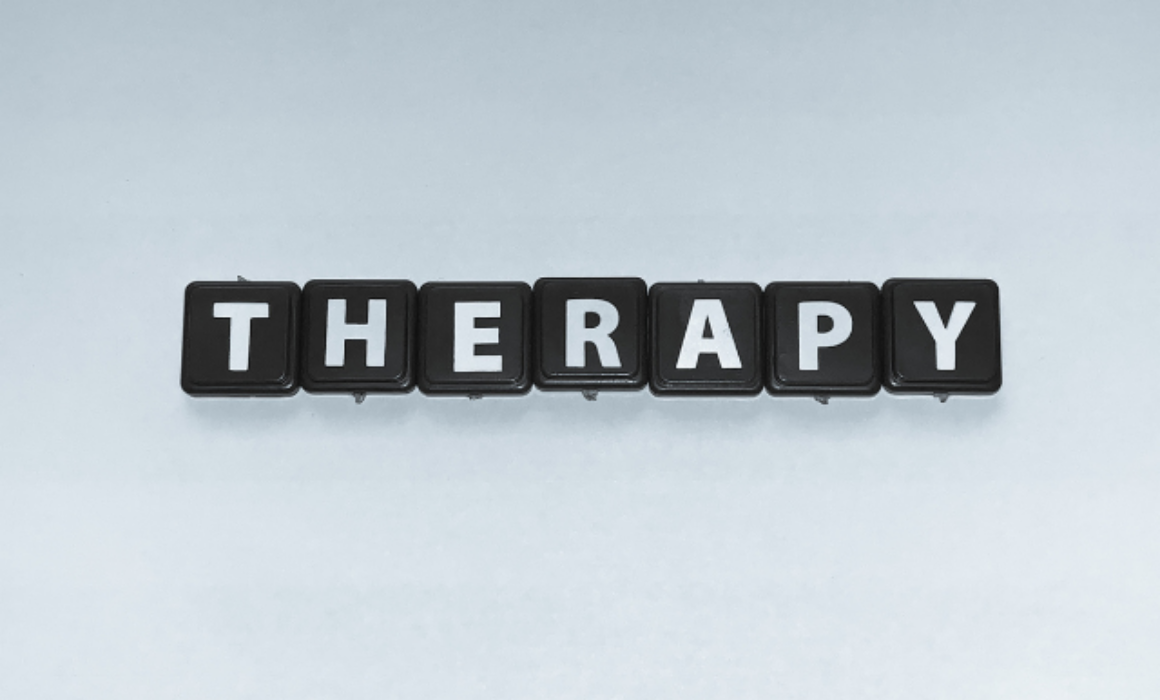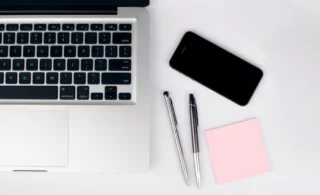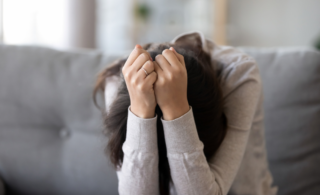
Going through a traumatic life experience (be it cancer or something else) can cause all sorts of emotional and mental health issues and struggles. We’ve put together this list of the ways in which people we’ve talked to have sought to deal with their emotional and mental health issues arising out of cancer, through therapeutic activities that don’t involve talking at all (not including those we’ve mentioned in our page on Coping with Anxiety and Other Mental Health Issues and our page on Relaxation Tips). You might find something on here that helps you.
Singing. Love singing? Why not join a choir. Some cancer centres (for example, Future Dreams House and Maggies) offer singing therapy sessions or have choirs. Ask your hospital if they know of anywhere you can join a singing group or choir. Or join one outside cancer-land.
Photography. It’s often difficult to find the words to explain how you’re feeling, but you might be able to use photography. You can read some personal stories from people who’ve used photography to explain how they are feeling.
Dancing. This obviously depends upon energy levels, but there are some cancer centres that offer dancing sessions (including Future Dreams House). Or look outside of the cancer community for somewhere near you where you can join a dancing group. Or just dance around the kitchen!
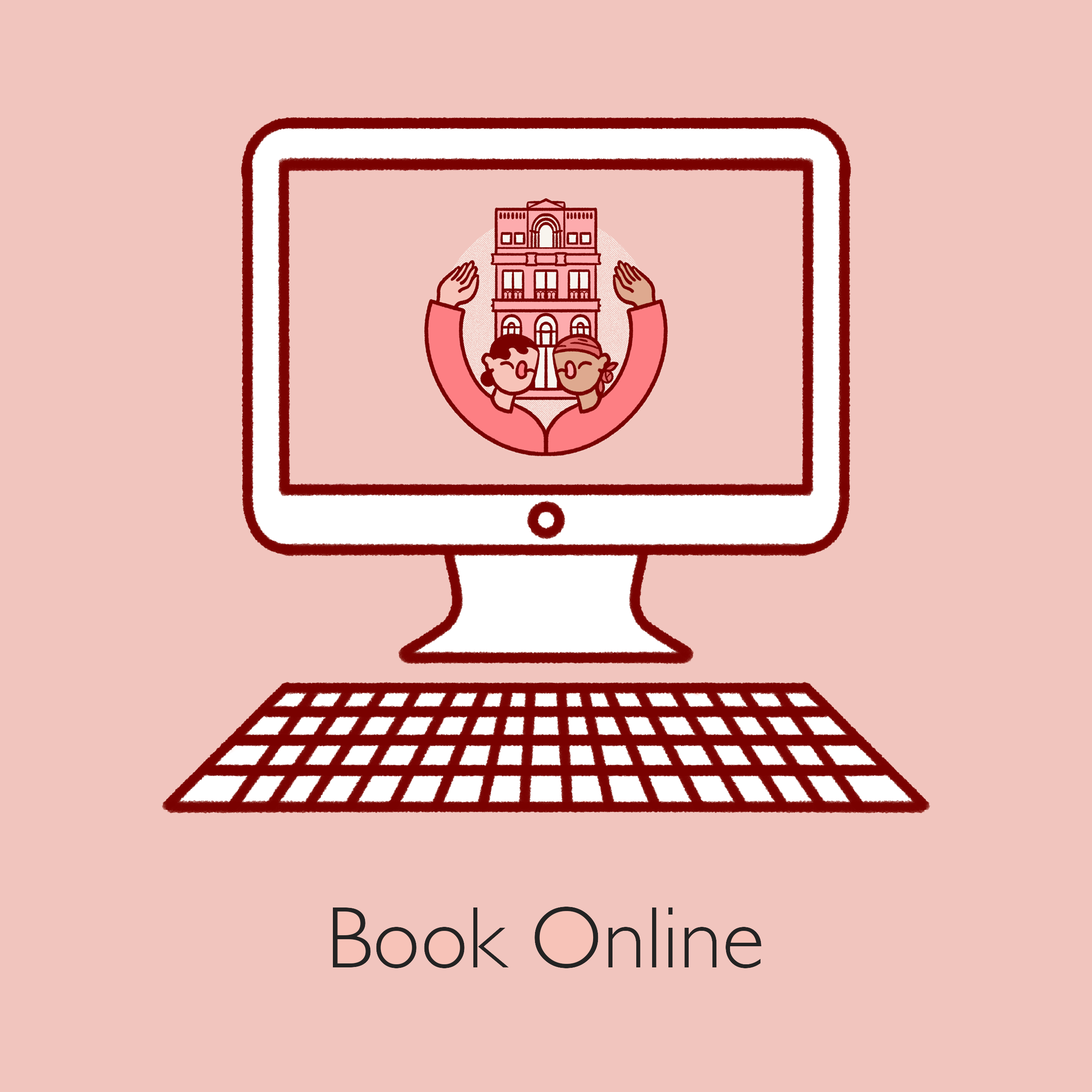
Shinrin-yoku is a term that means “taking in the forest atmosphere” or “forest bathing.” It was developed in Japan during the 1980s and has become a cornerstone of preventive health care and healing in Japanese medicine. Researchers primarily in Japan and South Korea have established a robust body of scientific literature on the health benefits of spending time under the canopy of a living forest. Now their research is helping to establish shinrin-yoku and forest therapy throughout the world. The idea is simple: if a person simply visits a natural area and walks in a relaxed way there are calming, rejuvenating and restorative benefits to be achieved.
Mindfulness and meditation. This is the practice of being in the moment. Not sure where to start? The Blurt Foundation have a great Introduction to Mindfulness for Beginners on their website. You can find a lot of guided mediations on YouTube and as Apps for your phone. And Future Dreams offer mindfulness sessions online and in person.
Mindfulness colouring books. Available from high street stores and online cancer webshops. The beauty of these colouring books are that the intricate patterns focus your mind.
Gardening – growing flowers from seeds or just pottering in the garden. This combines being outside (always a plus point), keeping yourself busy, giving yourself time to think if you want to and creating something beautiful to enjoy. You don’t need to be an expert of know what you’re doing – there is plenty of help online, on Pinterest and on social media.
Sewing, crocheting and knitting. Future Dreams put on a variety of workshops. You could even sign up to help some of the charities who rely on people to help them with making items for cancer patients such as Knitted Knockers and blankets for chemo patients (for example, the Lewis Foundation would probably love donations).
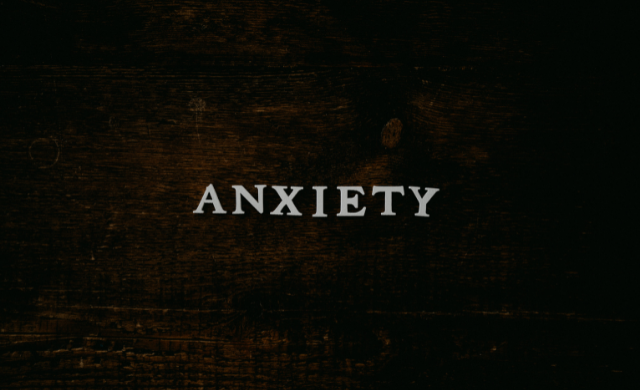
Walking outside. The thing about going for a walk outside is that just being outside among nature is therapy. But going for a walk will also give you time to yourself, without distraction to process a lot of what is going on in your head – the worries, fears and anxieties.
Exercise – walking, running, swimming, canoeing, kayaking, paddle boarding. These types of exercise all involve solitary exercise (or you can do it with others). Choose the outdoors versions of these exercises – even open air swimming. Like the point above in relation to walking, being out in nature with time to process your thoughts can be incredibly therapeutic. Future Dreams put on a variety of exercise classes at their House in London and online.
Joining a dragon boat racing group. There are dragon boat racing teams just for women with or after breast cancer. This combines exercise and fresh air with the added bonus of being around other women in your situation to whom you can talk about what you’re going through.
Fly fishing. Yes, there are fly fishing groups for women who have or have been through breast cancer. Just imagine the therapeutic benefits of being out in the open, by water,
Crafting. If you’re crafting and creating something from nothing, then you’re giving yourself a project and a purpose. Depending on what you make and the quality of the finished product, you could consider selling the items for charity.
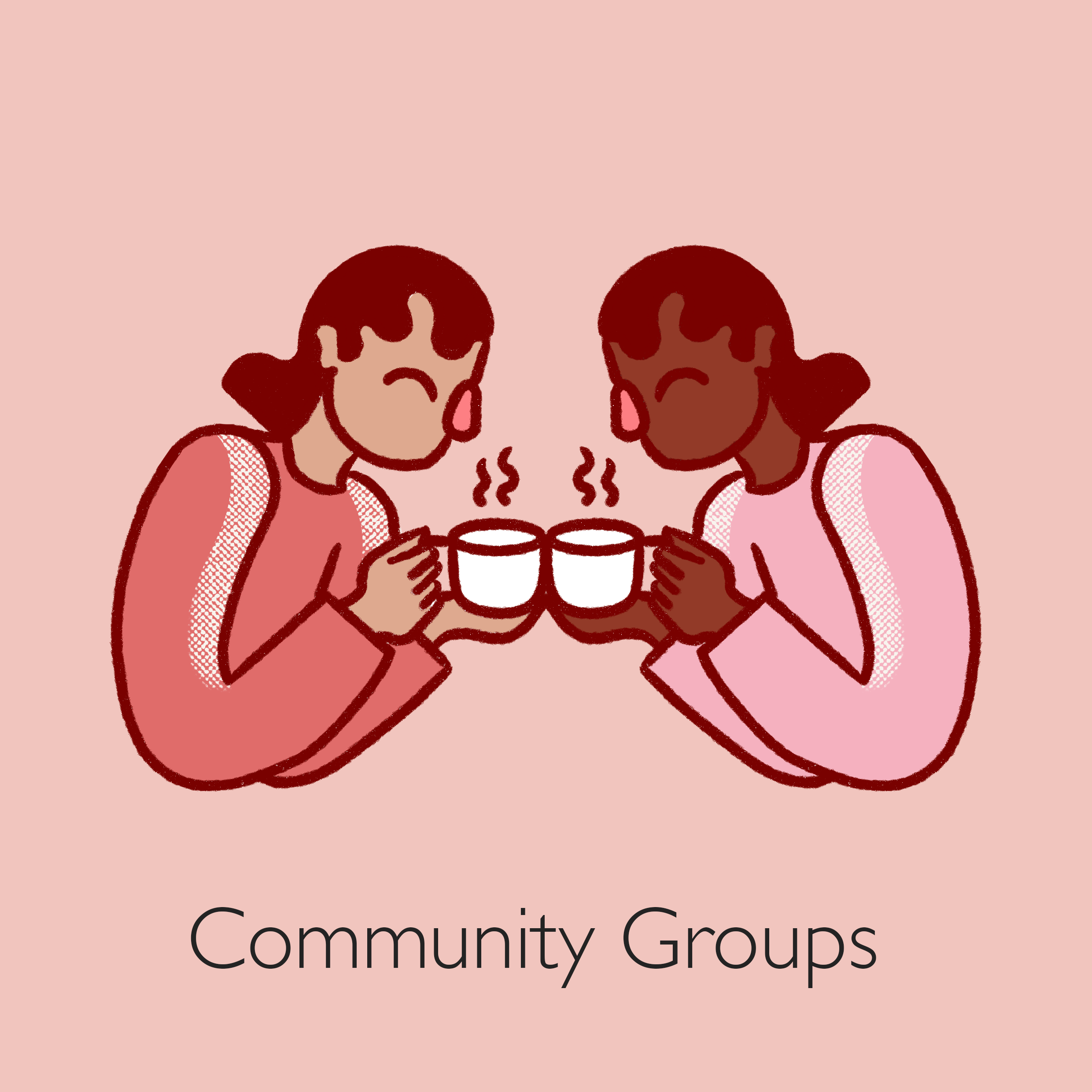
Playing/learning a musical instrument. Musicians can find playing music an incredibly therapeutic activity.
Sculpture. Not just with clay but with other materials such as wire. One woman created sculptures out of radiation cradles to encourage early detection for men and women alike. These sculptures led to shows in hospitals and galleries.
Baking. A number of people said that they found baking to be therapeutic during cancer treatment.
Drawing and painting. You don’t need to have any prior experience to use art as a way of dealing with your diagnosis. You can paint or draw something that represents what you’re going through and how you feel. Or you can draw and paint something completely unrelated to cancer to remind you of life outside the cancer bubble. Look for local art classes. Future Dreams House holds a variety of art workshops. The Breast Cancer Art Project is a brilliant project publishing people’s work. Take a look for inspiration (and get in touch with them if you end up wanting to share your work).
Yoga. Another fairly obvious choice of therapy is yoga. You don’t need to go to classes (although lots of cancer centres – including Future Dreams – put on yoga for cancer patients) as you can do it at home. There are a lot of online tutorials. And there are some yoga instructors who specialise in yoga for breast cancer patients (Marcie Yoga and Vicky Fox).
Keeping a gratitude journal This is a way of focusing on the positives in your life. You write down the things for which you are grateful at the start and/or end of each day.
Tips from your Future Dreams community – activities some have found to be therapeutic during their breast cancer treatment:
- “Writing. Almost six years out, and I wish I would ‘allow’ myself the time to just sit and write like I did during active treatment. Also yoga and random, wandering walks around our property. Also learning to crochet.”
- “Joining a gym and doing the Aqua and Zumba classes.”
- “Making art and generally being in my garden.”
- “Journaling in the early morning hours in my backyard, walking in the park with my dog, potting plants, going to outdoor concerts with friends.”
- “Walking my neighbour’s dogs.”
- “Painting and gardening.”
- “Bird watching in the garden. I set up lots of feeders and bird boxes and a chair tucked into our log store. I’ve sat out there in all weathers on good days and bad just contemplating life and the universe. It just regulates my nervous system.”
- “Long dog walks, couch to 5K, and cooking healthy meals, anything that helps me feel I’m taking care of myself.”
- “Art and crafts as well as talking and laughing to friends.”
- “Walking definitely helps me, especially now as I’m out of work temporarily and looking for work. I find an hour’s brisk walk in the morning sets me up for the day.”
- “Gardening. I love to potter. Not full-on, just wandering around. Picking out weeds, repotting, watching things grow.”
- “Last time art called me. I wanted to draw/paint. This time I created a little garden oasis with a swing chair and potted plants. In my experience whatever it is will call you.”
- “Singing is great.”
- “Doing jigsaw puzzles! A form of great mindfulness.”
- “Walking, and self-care including baths, massage, reflexology, talking to friends and family, crying/screaming!”
- “Walking in the fresh air taking in all the sounds and smells along the way. Looking up at the blue sky… I took inspiration from Dame Deborah… ‘whilst I’m walking, I’m alive’.”
Further information
Future Dreams hold a range of support groups, classes, workshops and events to help you and your carers during your breast cancer diagnosis. These are held both online and in person at the London-based Future Dreams House. To see what’s on offer and to book your place, see here.
To return to the homepage of our Information Hub, click here where you can access helpful information, practical advice, personal stories and more.
Reviewed February 2023
The information and content provided on this page has been written from a patient’s perspective then reviewed by a breast care nurse and it is intended for information and educational purposes only. It is not intended to substitute for professional medical advice. Please contact your medical team for advice on anything covered in this article. The links and/or recommendations in this article to third-party resources are for your information and we take no responsibility for the content contained in those third-party resources. Note that there are other resources available. Any product recommendations made in this article are not product endorsements and unless otherwise stated, they are made without any affiliation to the brand of that product. We ask you to note that there may be other similar products available.
Share

Support awareness research
Donate to those touched by BREAST cancer
Sylvie and Danielle began Future Dreams with just £100 in 2008. They believed nobody should face breast cancer alone. Their legacy lives on in Future Dreams House. We couldn’t continue to fund support services for those touched by breast cancer, raise awareness of breast cancer and promote early diagnosis and advance research into secondary breast cancer without your help. Please consider partnering with us or making a donation.
